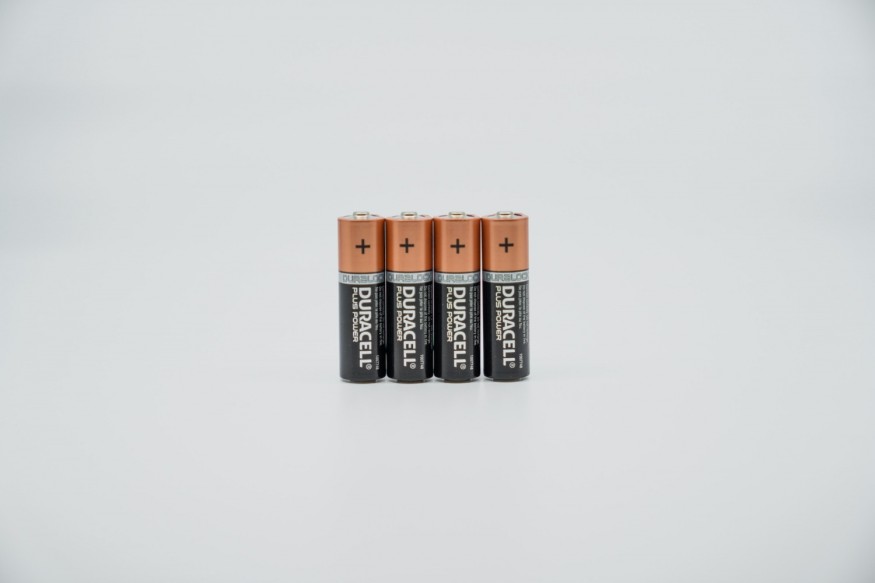
One change you can make to reduce your carbon footprint is replacing the types of batteries you use. Batteries are ubiquitous in modern-day living, but not all batteries are created equally.
From powering our remote controls and laptops to our smartphones and electric cars, choosing the right type could significantly lower your environmental impact. In this article, we'll explore which batteries offer the most eco-friendly usage while still delivering the power we need.
Rechargeable Batteries Are the Best Option
Rechargeable batteries are your best option when considering environmental impact.
Compared to single-use batteries, which contribute to environmental waste, rechargeables can be used multiple times. This significantly reduces the demand for raw materials and the energy needed for production. For example, a NiMH (Nickel Metal Hydride) rechargeable battery can be recharged hundreds of times, providing a hefty return on energy investment.
Lithium-ion batteries are another viable option and a great alternative to alkaline batteries. While they do have a higher initial cost than their counterparts, their lifespan makes them more environmentally friendly in the long run. So opt for rechargeable if you want a green choice!
The Pros and Cons of 3 Rechargeable Battery Types
While rechargeable batteries are better for the environment, they're eventual impact depends on the type of battery you use. Here are 3 rechargeable batteries and how they compare.
Li-ion batteries
Lithium-ion batteries, or Li-ion batteries, deliver the same level of power from 100% charge to 1%. They're light and efficient, but more expensive than other rechargeable batteries. Manufacturers often make lithium batteries for golf carts, electric cars, and portable electronics.
The pros of Li-ion batteries:
Compact and lightweight.
Lowest self-discharge rate on the list.
It has a higher voltage.
Eco-friendly option compared to alkaline.
The cons of Li-ion batteries:
More fragile than their NiCd and NiMH counterparts.
Lithium-ion batteries can be unsafe at higher temperatures.
More expensive and harder to find than alkaline batteries.
Lithium-ion batteries are the best choice if you want to be environmentally friendly. However, if this option is too expensive or not available, NiMH batteries are a great second choice.
NiCd batteries
Nickel-cadmium batteries contain nickel oxide hydroxide and metallic cadmium electrodes, which is a reason why they perform best when completely discharged. Found in portable camcorders and computers, they're being phased out due to their environmental impact.
The pros of NiCd batteries:
Have a lower discharge rate at 20%.
Lasts longer than other competitors.
The cons of NiCd batteries:
It has a lower voltage compared to others.
Considered outdated technology.
Not environmentally friendly.
If you buy used technology that contains a NiCd battery, you're still doing a lot to save the environment. The more use you get out of it, the longer it stays out of the landfill.
NiMH batteries
Nickel metal hydride batteries are often cited as the replacement for NiCd batteries. Used in modern cameras, laptops, and other small devices, these batteries are environmentally friendly and contain more capacity than NiCds. They also keep a better charge than NiCd batteries.
The pros of NiMH batteries:
30% more capacity than NiCds.
Environmentally friendly.
Often made with stay-charged technology.
The cons of NiMH batteries:
It will slowly lose charge if left unused over time.
It has a lower voltage than lithium-ion batteries.
A NiMH battery is a significant upgrade over its NiCd predecessor. Most modern technology comes with this rechargeable battery, but you should still check the label to be sure.
In Conclusion...
We all have a role to play in safeguarding our planet's future. Choosing the right type of battery might seem like a small step, but it can have a big impact on the environment over time. It's time to rethink our choices and make informed decisions that help reduce our carbon footprint.
© 2025 NatureWorldNews.com All rights reserved. Do not reproduce without permission.





